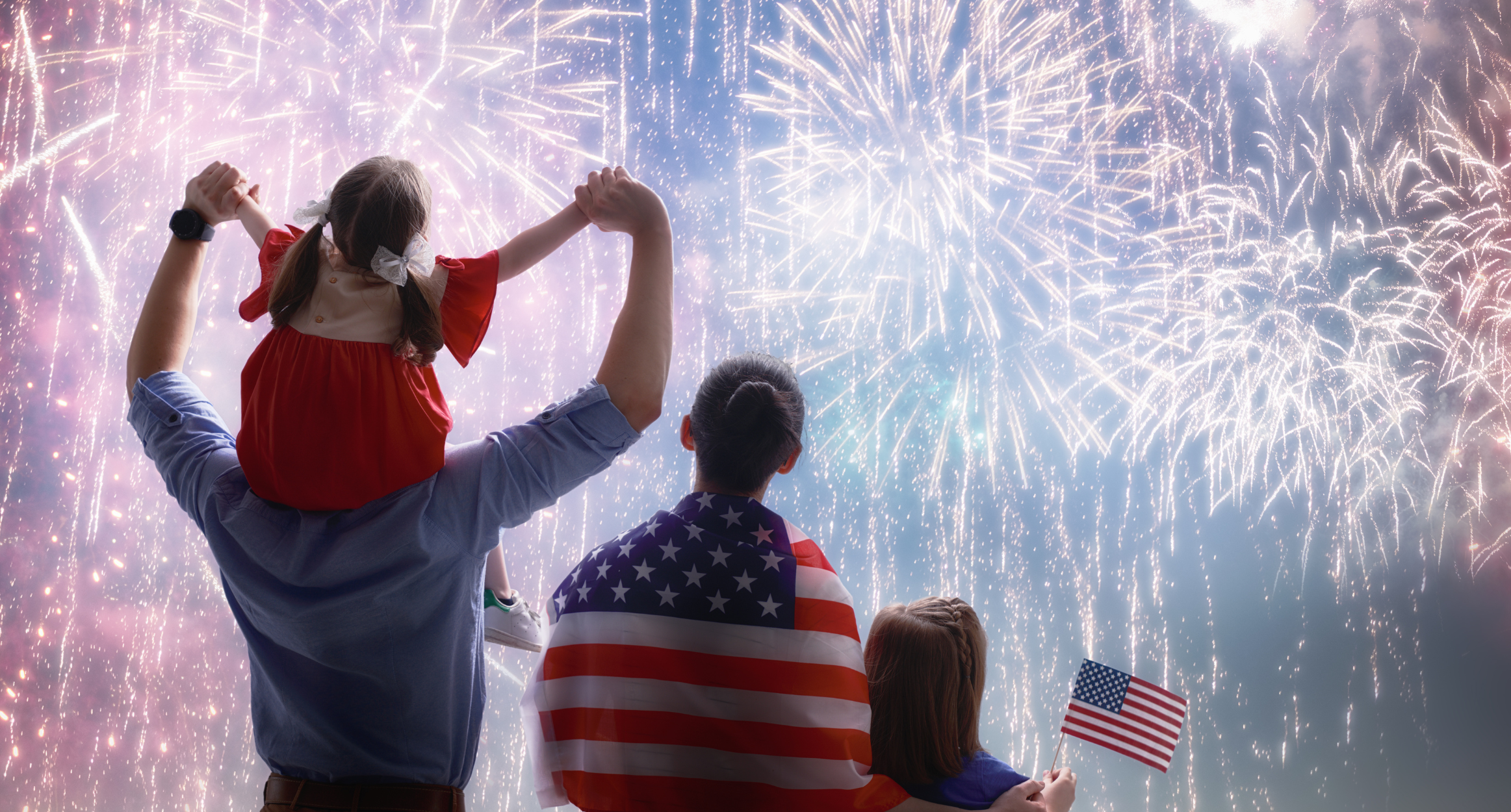Email: [email protected]


Email: [email protected]

The Fourth of July, or Independence Day, commemorates the United States' declaration of independence from Great Britain in 1776. The Continental Congress adopted the Declaration of Independence on July 4th, asserting the colonies' separation. Early celebrations involved public readings, bonfires, parades, and fireworks, becoming a symbol of national pride. It became a recognized national holiday in 1870 and a paid federal holiday in 1941. Today, it represents the birth of the United States as an independent nation and celebrates its core principles of liberty, equality, and self-governance.
For many, this day is filled with barbecues, parades, beach trips, sporting events, and of course, the most popular commemoration- fireworks. Fourth of July fireworks can have a significant impact on Veterans with Post-Traumatic Stress Disorder (PTSD). The loud noises, sudden bursts of light, and the unpredictability of fireworks can trigger symptoms of anxiety, hyper-vigilance, and distress in individuals with PTSD, including Veterans who may have experienced combat-related trauma. Here are a few ways fireworks can affect Veterans with PTSD:
Given these effects, it is important for communities to be mindful and considerate of the impact fireworks can have on individuals with PTSD, including Veterans. Efforts to create awareness, provide alternative celebrations or designated quiet spaces, and encourage open communication can help make the Fourth of July more inclusive and supportive for everyone, including those with PTSD.
If you’re a Veteran in crisis or concerned about one, connect with the U.S. Department of Veteran Affairs' caring, qualified Veterans Crisis Line responders for confidential help. Many of them are Veterans themselves. This service is private, free, and available 24/7.
To connect with a Veterans Crisis Line responder anytime day or night:
You can also:
By: Sydney Marks
www.canportal.org

Coordinated Assistance Network is proud to present M2M is intended to provide technology that produces transformational Resources for nonprofit infrastructure, efforts to scale, and implementation support. CAN is granting 75 in-kind grants to organizations for “Black Level” CAN portal licensure. Click here to learn more about M2M.